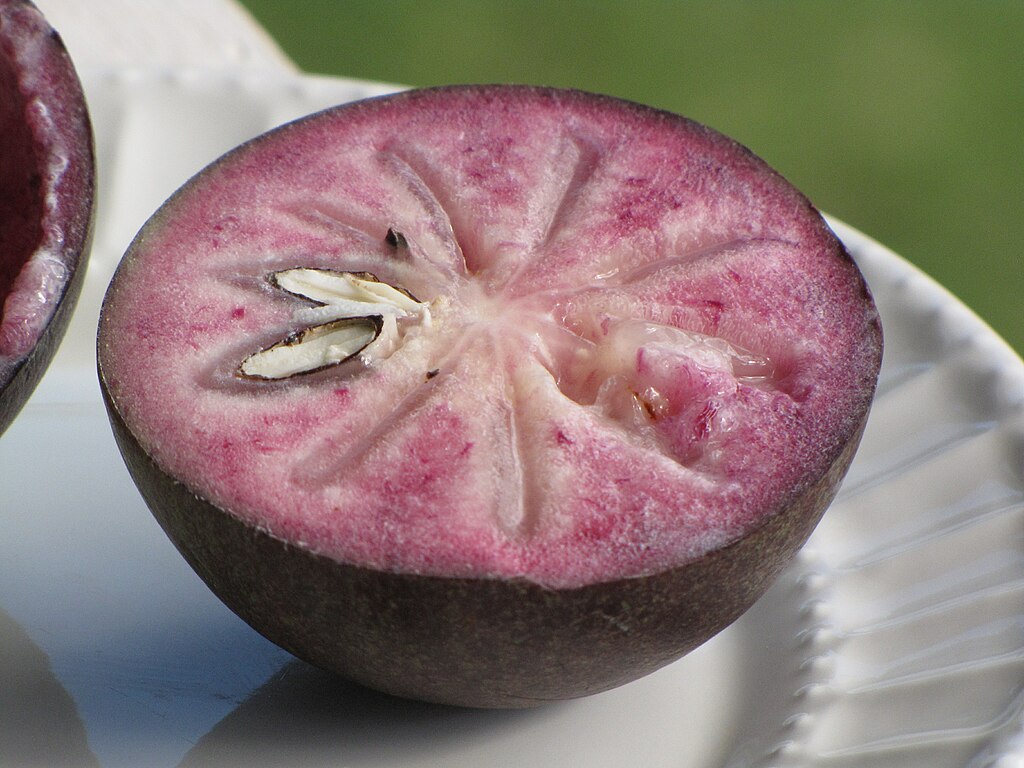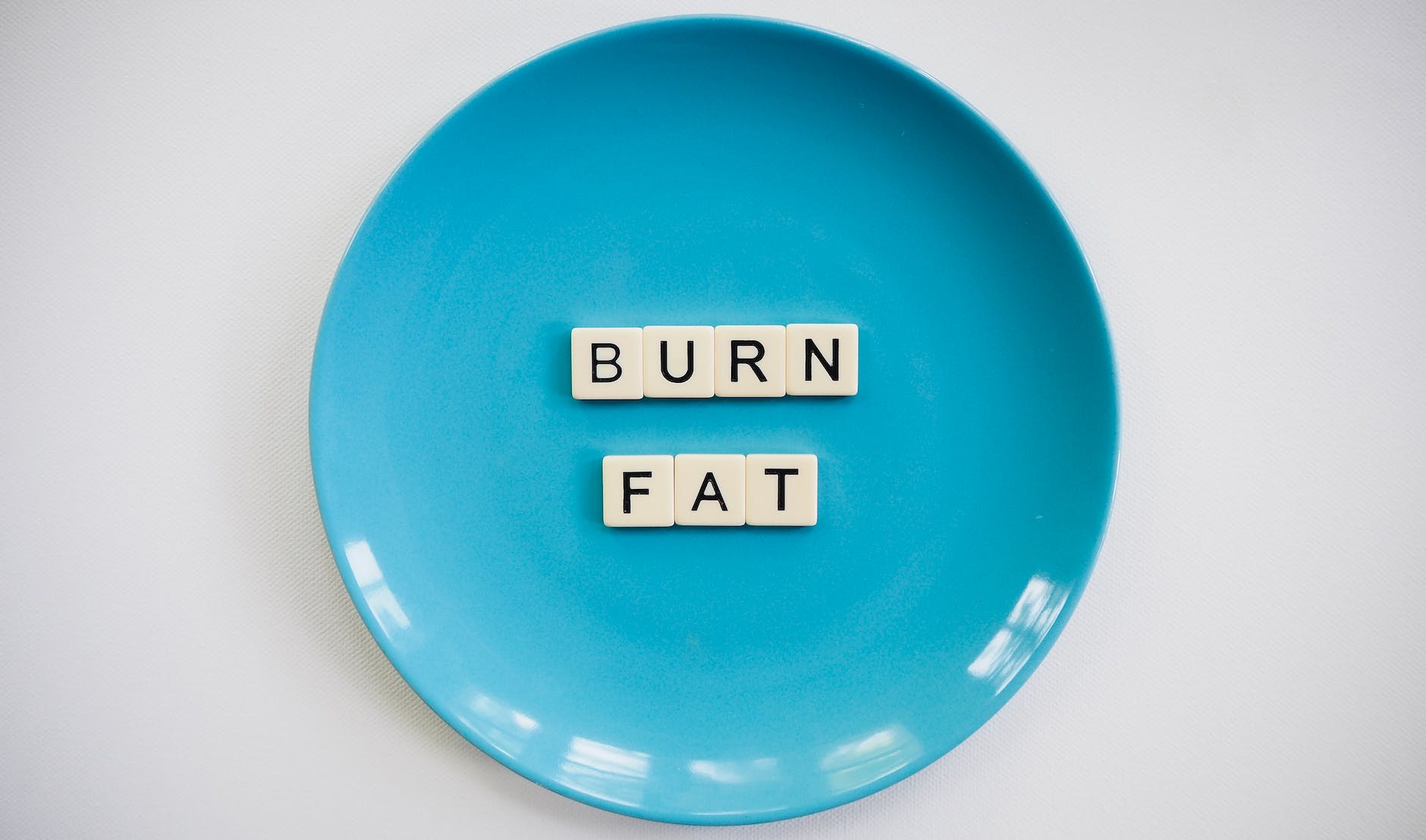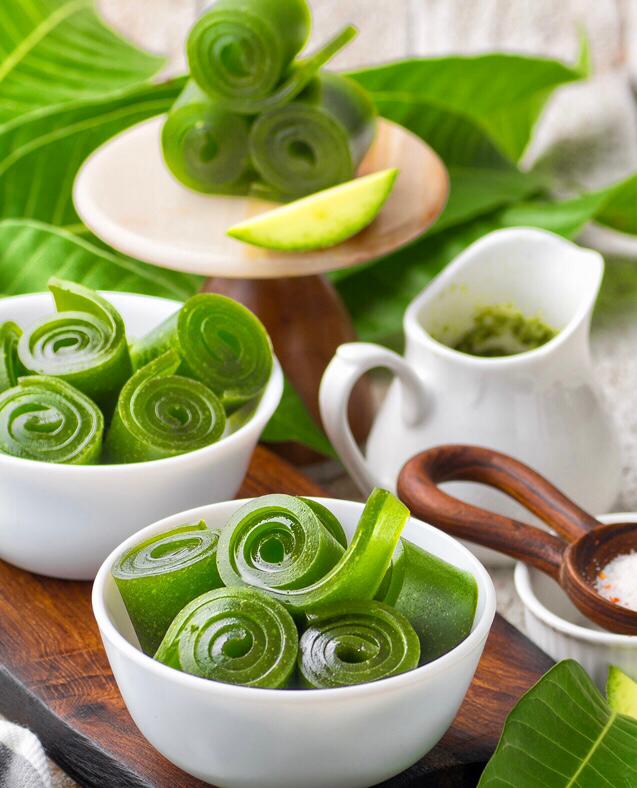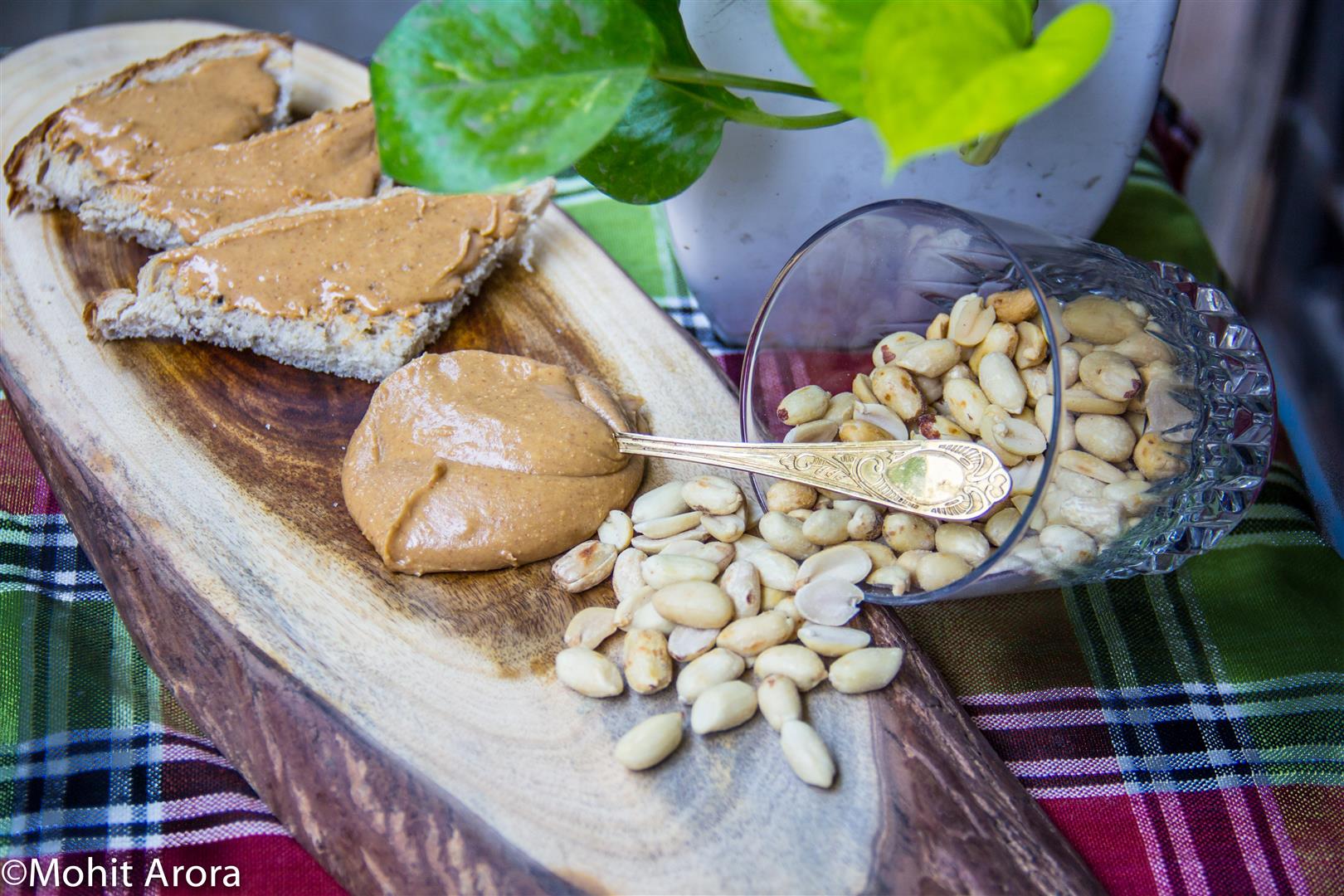
Chrysophyllum fruits, which include the star apple, udara, and caimito, are not only delicious tropical fruits but also boast an impressive array of nutritional benefits. In this comprehensive guide, we will delve into the details of these benefits and explore the remarkable nutritional profile of chrysophyllum fruits. From vitamins and minerals to antioxidants and dietary fiber, these fruits offer a wide range of nutrients that can contribute to your overall health and well-being. Let’s take a closer look at the nutritional goodness that chrysophyllum fruits have to offer.
🌿 Vitamins Galore Chrysophyllum fruits are packed with essential vitamins that support various bodily functions. They are particularly rich in vitamin C, a powerful antioxidant that boosts the immune system, promotes collagen synthesis for healthy skin, and aids in iron absorption. Vitamin C also plays a role in wound healing and supports the health of bones, teeth, and blood vessels. Chrysophyllum fruits also contain significant amounts of vitamin A, which is crucial for vision, immune function, and cell growth. Additionally, these fruits provide vitamins B1 (thiamin), B2 (riboflavin), B3 (niacin), and B9 (folate), which are essential for energy production, brain function, and red blood cell formation.
🌱 Mineral Richness Chrysophyllum fruits are a good source of several essential minerals. They are notably high in potassium, a mineral that helps regulate blood pressure, maintain proper heart function, and support nerve and muscle function. Potassium also plays a role in fluid balance and electrolyte regulation. These fruits also provide magnesium, which is involved in over 300 biochemical reactions in the body, including energy production, protein synthesis, and nerve function. Chrysophyllum fruits contain calcium, necessary for strong bones and teeth, and iron, which is vital for oxygen transport in the body. Other minerals present in these fruits include phosphorus, zinc, and copper, which support various physiological processes.
💫 Antioxidant Powerhouse Chrysophyllum fruits are loaded with antioxidants that help protect the body against damage from harmful free radicals. Antioxidants neutralize these free radicals and help reduce the risk of chronic diseases such as heart disease, cancer, and neurodegenerative disorders. The antioxidants found in chrysophyllum fruits include flavonoids, polyphenols, and carotenoids, which provide anti-inflammatory and immune-boosting properties. By incorporating chrysophyllum fruits into your diet, you can enhance your body’s natural defense system and promote optimal health.
🍃 Fiber for Digestive Health Chrysophyllum fruits are an excellent source of dietary fiber, which is essential for a healthy digestive system. Fiber adds bulk to the diet, promoting regular bowel movements and preventing constipation. It also helps maintain a healthy gut microbiome by providing nourishment for beneficial gut bacteria. Additionally, fiber helps control appetite by promoting feelings of fullness, which can aid in weight management. The high fiber content of chrysophyllum fruits also contributes to stabilizing blood sugar levels and reducing the risk of developing type 2 diabetes.
💚 Heart-Protective Properties The combination of antioxidants, fiber, and minerals in chrysophyllum fruits supports heart health. Antioxidants help reduce inflammation and oxidative stress, two key factors in the development of cardiovascular disease. The fiber content aids in maintaining healthy cholesterol levels by reducing the absorption of LDL (bad) cholesterol and promoting the excretion of bile acids. The minerals present, such as potassium and magnesium, play roles in regulating blood pressure and maintaining proper heart function.
🌟 Incorporating Chrysophyllum Fruits into Your Diet There are numerous ways to enjoy the nutritional benefits of chrysophyllum fruits. You can consume them fresh and ripe as a snack or incorporate them into your favorite recipes. From smoothies and juices to salads and desserts, chrysophyllum fruits add a tropical touch to any dish. Their unique flavors and textures make them versatile ingredients in both sweet and savory preparations.













